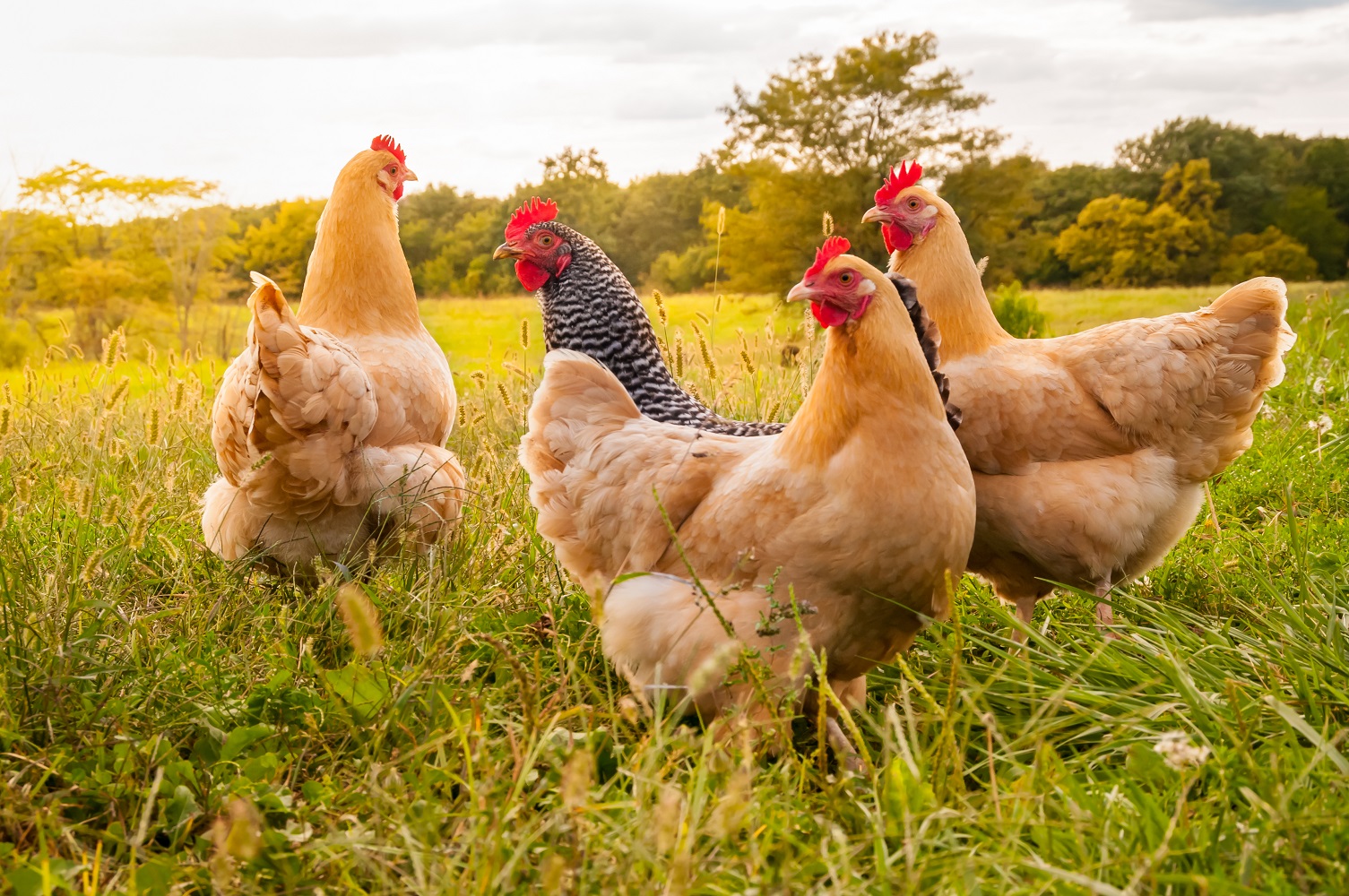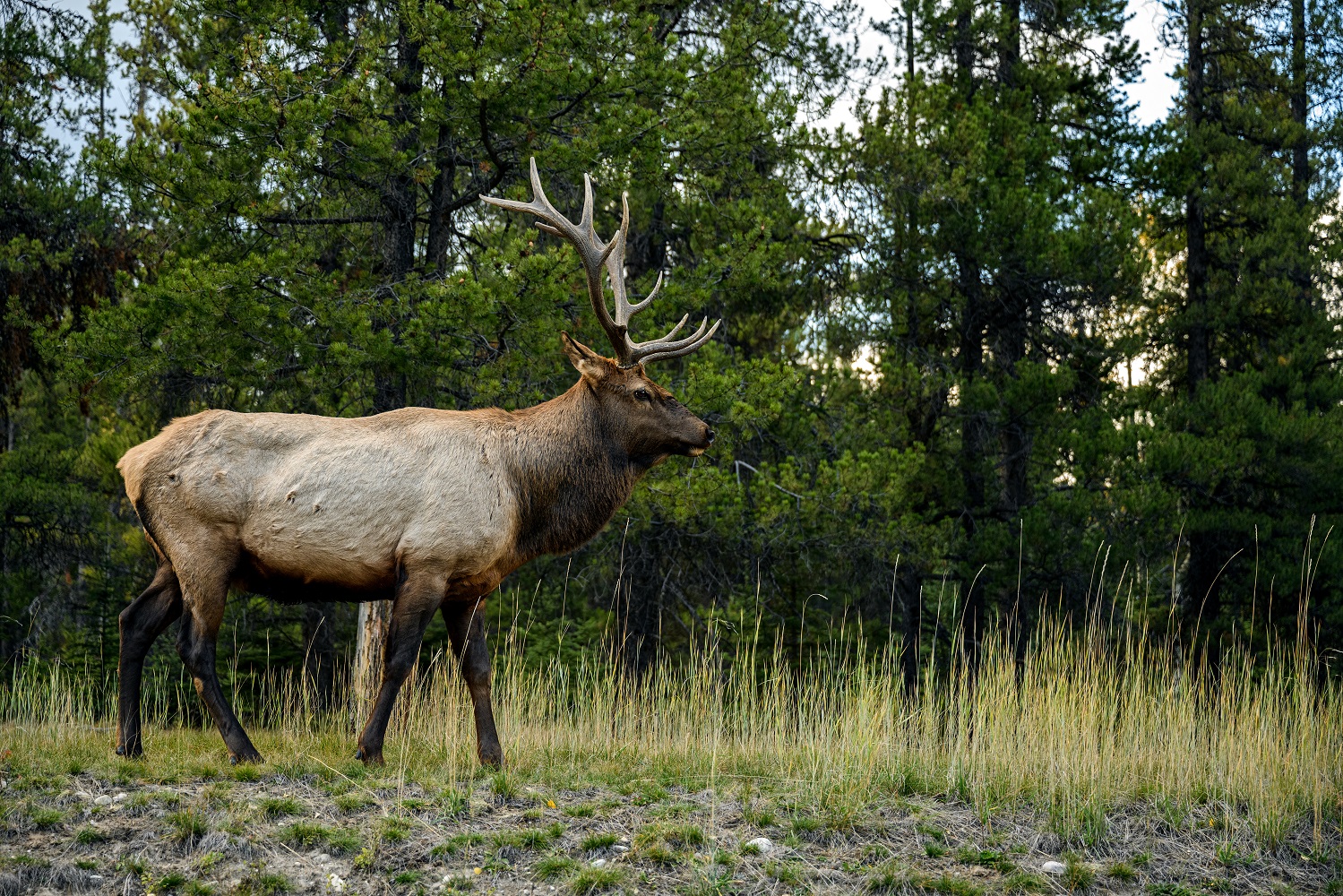Animals bring many benefits to people’s lives, however, they can also be a source of diseases in people
There are many things to think about when coming into contact with pets, companion animals, farm animals, animals at petting zoos or wildlife, in order to keep both animals and people safe. Diseases transmitted through animal contact are called zoonotic diseases. For more information about these type of diseases, see:

Pets bring people companionship and can help keep us healthy by increasing opportunities for physical activity and decreasing stress. Working animals, such as guide and service dogs, have a very positive impact on people’s lives.
However, having pets can sometimes pose health hazards to people. For example, it is common for dogs and cats to nuzzle and lick their owners, and many sleep in the same bed as their owners. Given the very close contact between pets and people, there can be many opportunities for infections to be transmitted between them. Preventing infection is especially important for certain groups, such as young children, the elderly, and immunocompromised people.
Information about what to think about when getting various types of pet, how to take care of them while protecting your health, and diseases associated with pets:
Promoting Safe Pet Ownership, the Worms & Germs blog (University of Guelph)
Information on the role of pets in human disease, with downloadable documents in various languages, as well as information on specific zoonotic diseases:
Role of Pets in Human Disease (BC HealthLink website)
There have been cases of COVID-19 in domestic pets such as dogs and cats that have been infected with the COVID-19 virus after close contact with an infected individual. The number of cases in domestic pets has remained very low and the virus primarily transmits from person to person.
Transmission of the COVID-19 virus from a household pet to a person is very rare.
How to protect a pet if you are infected with COVID-19
Individuals infected with COVID-19 should limit contact with their pets during their illness. The best option is to have another member of the household care for their animals. If an infected person must care for animals, then they should wash their hands before and after interacting with their animals, their food and supplies. They should avoid close contact with their pet such as snuggling or letting them sleep in their bed. Restrict your animal's contact with individuals outside your home until your illness has resolved.
For more data and information download the COVID & Cats infographic (PDF).
What to do if your pet becomes ill and was around a person with COVID-19
If your pet becomes ill after exposure to a person with COVID-19, and you require veterinary advice, call your veterinarian and let them know that your sick pet was exposed to a person with COVID-19. Your veterinarian will discuss with you how to manage the situation. Your pet should remain at home to minimize contact with other animals and people. Dogs that may have been exposed to the COVID-19 virus should be kept on a leash or within a private fenced area when taken outside for elimination activities, and kept away from other animals and people until your pet is no longer showing signs of illness.
Vaccination against COVID-19 for pets
Currently, there are no vaccines against COVID-19 available for domestic pets. There is no evidence that vaccinating dogs with commercially available vaccines for other coronaviruses will provide cross-protection against COVID-19.
Find more information about COVID-19 and animals.
Birds are the main reservoir host for WNV. Many avian species are susceptible to WNV, however corvids (crows, ravens and jays) most often die from the infection. If you notice clusters of dead birds you may notify the BC Interagency Wild Bird Mortality Investigation (PDF) by calling 1-866-431-BIRD(2473). When disposing of a dead bird, please follow safe handling practices (PDF).
Horses are incidental hosts for WNV (similar to humans), meaning that they cannot pass the virus on to other animals. Many infections in horses are asymptomatic, however WNV can cause encephalitis and should be taken very seriously. Symptoms can include listlessness, a change in demeanor, becoming less active and isolated, reduced appetite, inability to swallow, drooping lips, muscle twitching, a lack of co-ordination, weakness in the limbs, partial paralysis or an inability to get up. There is a vaccine that can prevent WNV infection in horses. Horse owners should consult their veterinarian for information about available vaccines and recommendations.
For more information on West Nile Virus, visit:
Certain animals, like dogs, horses and cows, can also get Lyme disease with symptoms similar to those seen in humans. Dogs are particularly susceptible. Symptoms may not appear for 7-21 days or longer after a tick bite, so watch your dog closely for changes in behaviour or appetite. Tick bites on dogs may be hard to detect. If you find a tick on your dog, remove it as you would in a human.
To reduce the chances that a tick will transmit disease to your pets:
- Check your pets for ticks after they spend time outdoors
- If you find a tick on your dog, remove it right away
- Ask your veterinarian to conduct a tick check at each exam
- Talk to your veterinarian about tick-borne diseases in your area
- Talk with your veterinarian about using tick preventives on your pet
For more information on tick identification and testing, visit:
Rabies is a very serious zoonotic (from animals) disease caused by a rabies virus. It is transmitted through saliva (spit), usually by the bite of a mammal. This virus infects the brain and nervous system of mammals. If not treated in time, a rabies infection is almost always fatal.
Most humans get infected with rabies after being bitten by an infected mammal. Any mammal can be infected by the virus. Dogs are responsible for most of the cases worldwide; in British Columbia, bats are currently the only known reservoir.
Signs of rabies in animals
- All mammals are able to transmit and become infected with rabies. Two forms of rabies seen in animals are 'furious' and 'dumb.' The furious form causes animals to show aggression, while the dumb form results in animals being sick and lethargic
- Suspicious behaviour in bats includes weakness, loss of flight ability and daytime appearances. If a bat is hanging off the ground, it should not be considered suspicious
To learn more about prevention, transmission, and treatment, see:

For information on petting zoos and open farm visits, with downloadable documents in various languages, as well as information on specific zoonotic diseases, see:
Avian influenza (AI), often called "bird flu," is caused by Type A influenza viruses. Influenza viruses, including avian viruses, are classified into subtypes based on the two proteins on their surface, haemagglutinin (H) and neuraminidase (N).
To learn more about avian influenza, see:
These viruses occur naturally among wild aquatic birds worldwide, and can affect domestic poultry, including food-producing birds (chickens, turkeys, etc.), as well as pet and wild birds. Avian influenza is rare in humans and generally does not spread easily between people; however, limited clusters of person-to-person transmission, generally between family members, has been observed in the past.
Chickens, turkeys and ducks do not get the virus.
There have been no reports of other livestock (such as cows, pigs, goats or sheep) being naturally infected with the COVID-19 virus.
Farmed mink are easily infected with the COVID-19 virus, and it can spread rapidly once introduced to a mink farm. The most likely source of the virus for farmed mink is infected humans.
Salmonella are bacteria that infect the intestinal tract and sometimes the blood. When a person gets sick from this infection it is called salmonellosis. There are many different kinds of salmonella bacteria.
Salmonella are a common cause of diarrhea in B.C. and around the world. Children four years old and younger have the highest infection rates in B.C.
The best way to prevent infection after a petting zoo: wash your hands!
To learn more about prevention, transmission, and treatment, see:

Like domestic animals, wildlife can be the source of diseases that can affect us. Usually these diseases are transmitted by parasites, such as ticks, or through contact with animal droppings. Rarely, humans can be injured by wild animals, although in most human-animal conflicts it is the wild animal which ends up suffering the most.
For detailed information wildlife health, including wildlife diseases (and the field guide Diseases you can get from wildlife: a field-guide for hunters, trappers, anglers and biologists), how to stay healthy around wildlife and how to report sick or dead animals, see:
For a quick reference on how to dispose of a dead bird, see:
Avian influenza (AI), often called "bird flu," is caused by Type A influenza viruses. Influenza viruses, including avian viruses, are classified into subtypes based on the two proteins on their surface, haemagglutinin (H) and neuraminidase (N).
To learn more about avian influenza, see:
There have been a few reports of the COVID-19 virus in free-ranging and captive wild species found in North America, including:
Studies on white-tailed deer have found that while the virus likely spread initially from humans, deer-to-deer transmission is also occurring. Recent research in Canada has found one instance of suspected deer-to-human transmission. This appears to be an isolated case with no further transmission.
Based on available information to date, animal-to-human transmission is likely very uncommon. COVID-19 is mainly transmitted from human to human.
Rabies is a very serious zoonotic (from animals) disease caused by a rabies virus. It is transmitted through saliva (spit), usually by the bite of a mammal. This virus infects the brain and nervous system of mammals. If not treated in time, a rabies infection is almost always fatal.
Most humans get infected with rabies after being bitten by an infected mammal. Any mammal can be infected by the virus. In British Columbia, bats are currently the only known reservoir. However there have been several reports in BC of rabies in skunks due to spillover of the virus from bats.
What to do if you find a wild animal which may be rabid
To learn more about transmission and prevention, see:

